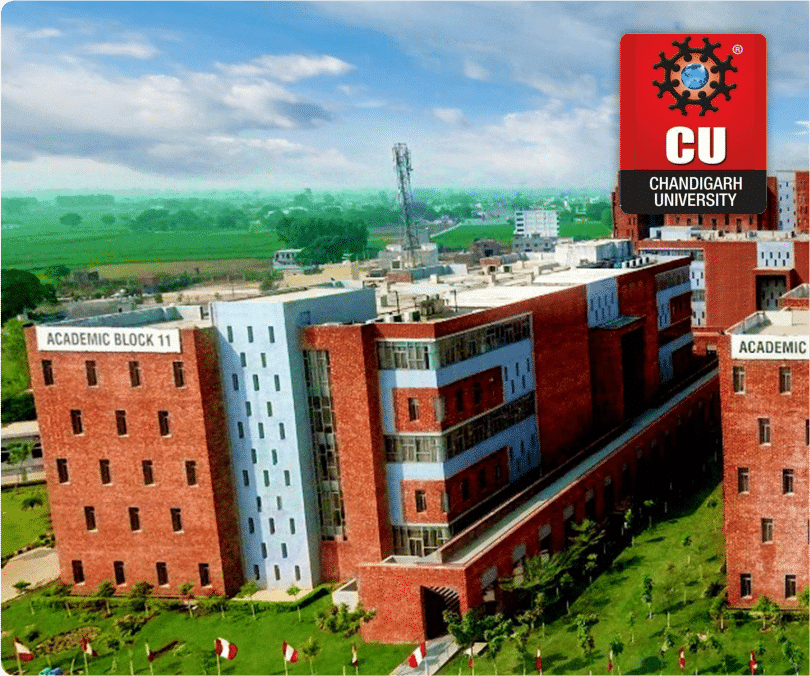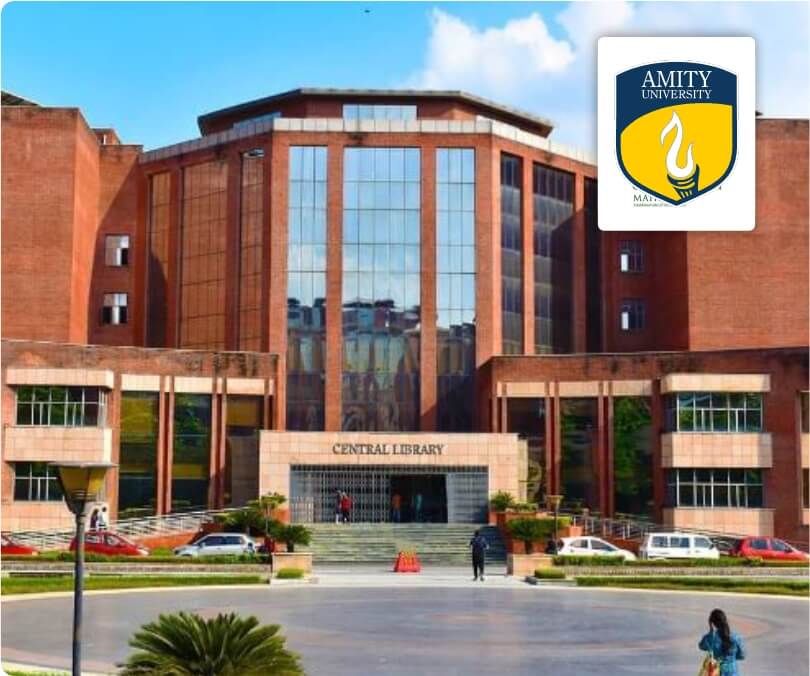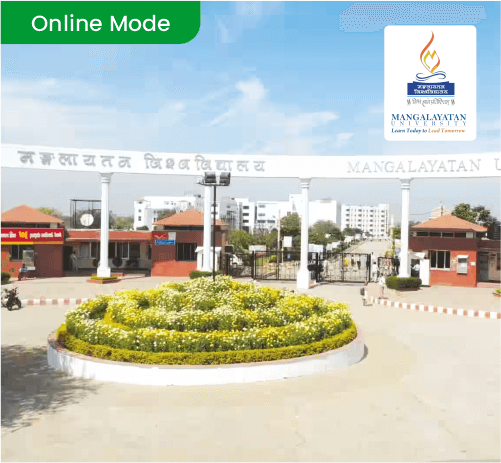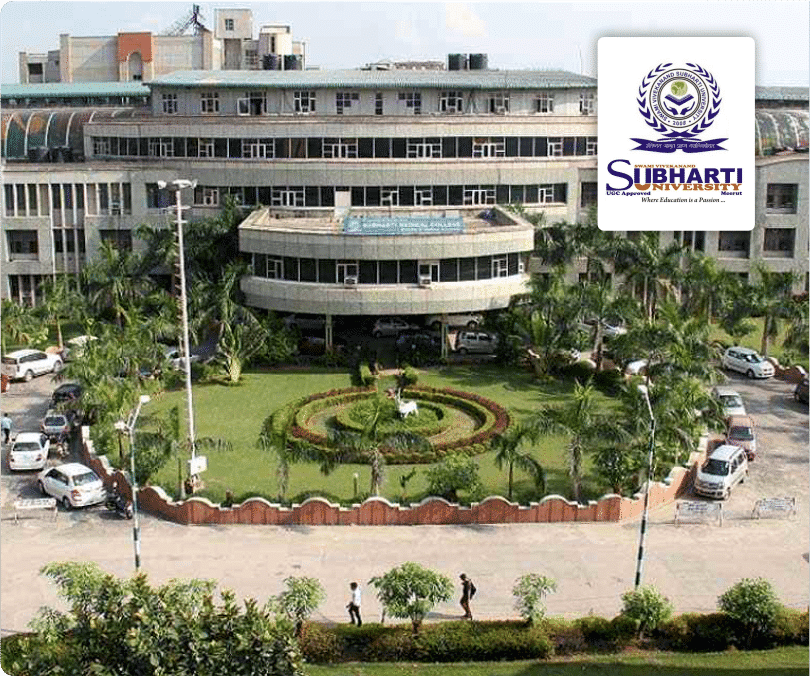
The Top 10 Jobs After MSC Economics in India
The Top 10 Jobs after MSC Economics in India that help you to achieve your career goals with a balanced lifestyle. MSC degree in Economics plays an important role in career advancement. It equips students with a deep knowledge of economic principles and international trades.
The MSC in Economics offers various benefits to the students. It opens various career possibilities that give you industrial exposure and good earning potential. You can get several options in jobs after MSC Economics in India.
However, choosing the right career path from these multiple options is an important and difficult task. The right career path leads you to a successful career to help you achieve your career goals. This blog guides you in the top 10 jobs after MSC Economics in India. Additionally, it lists jobs after MSC Economics in the government sector, MNCs, and high paying companies. Stay tuned to know more.
Top 10 Jobs After MSC Economics in India
If you have completed MSC in Economics with UGC approved university that provides a strong foundation in economic theories, financial policies, and data analysis. This degree equips students with analytical, research, and problem solving skills. It makes the students suitable for multiple roles in different industries.
Many industries require economics graduates, including finance, banking, government, international trade, and policy research. The MSC degree offers opportunities in both the public and private sectors, helping professionals secure high-paying jobs with career growth.
Here is a table of the top 10 jobs after MSC Economics, along with their industries and salary packages:
| Job Role | Industries | Salary Packages (LPA) |
|---|---|---|
| Economist | Government, Research Institutions | 8-20 |
| Financial Analyst | Banking, Investment Firms | 6-18 |
| Data Analyst | IT, Consulting, Finance | 5-15 |
| Policy Analyst | Government, Think Tanks | 7-16 |
| Market Research Analyst | Marketing, Consumer Insights | 5-12 |
| Risk Analyst | Insurance, Banking | 6-14 |
| Statistician | Research, Government, Finance | 6-15 |
| Investment Banker | Banking, Financial Services | 10-30 |
| Professor/Lecturer | Academia, Universities | 7-18 |
| Economic Consultant | Private Firms, International Organisations | 8-22 |
The table above lists the best jobs after M.Sc. Economics, their respective industries, and average salaries. Salaries may vary depending on company value, location, experience, and company reputation.
1. Economist
An Economist studies economic trends, policies, and data to advise businesses, governments, and organisations on financial planning and decision-making.
Main Responsibilities:
- Analyse market trends and economic data.
- Conduct research on financial policies and economic models.
- Make economic strategies and advise policymakers and businesses.
Skills You Need:
- Strong analytical and problem solving skills.
- Knowledge of economic theories and statistical tools.
- Ability to interpret financial and market data.
Industries You Can Work In:
- Government Policy and Research Organisations
- Banking and Financial Institutions
- International Economic Organisations
2. Financial Analyst
A Financial Analyst checks financial data and market trends to help businesses and investors make informed financial decisions.
Main Responsibilities:
- Analyse financial reports and investment trends.
- Address risks and returns for businesses and clients.
- Provide financial and strategic recommendations.
Skills You Need:
- Proficiency in financial modelling and data analysis.
- Strong understanding of investment strategies.
- Knowledge of Private finance and stock markets.
Industries You Can Work In:
- Banking and Investment Firms
- Corporate Finance Departments
- Management Companies
3. Data Analyst
A Data Analyst interprets economic and financial data to provide insights that help businesses optimise operations and market strategies.
Main Responsibilities:
- Collect, clean, and analyse large datasets.
- Identify trends and patterns in economic data.
- Present reports and data-driven solutions to stakeholders.
Skills You Need:
- Expertise in statistical tools like Python, R, and SQL.
- Strong analytical and critical thinking skills.
- Knowledge of data visualisation and economic modelling.
Industries You Can Work In:
- IT and Consulting Firms
- Financial Institutions
4. Policy Analyst
A Policy Analyst researches and develops public policies that address economic and social challenges.
Main Responsibilities:
- Conduct policy research and impact assessments.
- Advise government bodies and institutions on economic policies.
- Draft policy briefs and legislative proposals.
Skills You Need:
- Strong research and analytical skills.
- Understanding of government regulations and economic policies.
- Excellent communication and writing skills.
Industries You Can Work In:
- Government Ministries and departments
- Public Policy Research Institutes
- International Organisations
5. Market Research Analyst
A Market Research Analyst analyse consumer behaviour, market trends, and industry challenges to make the right decisions for businesses and clients.
Main Responsibilities:
- Collect and analyse market data.
- Identify consumer trends and make strategies.
- Provide information for product development and marketing strategies.
Skills You Need:
- Strong statistical and analytical skills.
- Knowledge of business and market research tools.
- Ability to interpret consumer behaviour and economic trends.
Industries You Can Work In:
- Marketing and Advertising Agencies
- Consumer Goods and Retail Companies
- Research and Consulting Firms
6. Risk Analyst
A Risk Analyst addresses minor to major financial and economic risks in business operations and investment portfolios that inhibit company growth.
Main Responsibilities:
- Identify financial risks and develop mitigation strategies.
- Analyse market volatility and business risks.
- Recommend risk management policies and insurance strategies.
Skills You Need:
- Strong mathematical and statistical skills.
- Knowledge of financial modelling and risk assessment.
- Understanding of compliance and regulatory frameworks.
Industries You Can Work In:
- Banking and Insurance Companies
- Corporate Risk Management Firms
- Investment and Asset Management Firms
7. Statistician
A Statistician uses mathematical models to analyse and interpret data for businesses, research institutions, and government agencies.
Main Responsibilities:
- Design surveys and collect economic data.
- Analyse statistical trends and develop predictive models.
- Interpret research findings for policymaking and business strategies.
Skills You Need:
- Expertise in statistical tools like SPSS, R, and SAS.
- Strong problem solving and analytical skills.
- Ability to interpret large datasets and economic patterns.
Industries You Can Work In:
- Government Research Institutions
- Healthcare and Pharmaceutical Companies
- Market Research Firms
8. Investment Banker
An Investment Banker provides financial advisory services, reduces risks, manages mergers and acquisitions, and helps businesses to build capital.
Main Responsibilities:
- Suggest companies on financial transactions and investments.
- Manage mergers, acquisitions, and capital raising.
- Conduct financial market analysis and risk assessments.
Skills You Need:
- Strong financial modelling and analytical skills.
- Deep knowledge of stock markets and corporate finance.
- High-level negotiation and communication skills.
Industries You Can Work In:
- Investment Banks
- Private Equity and Venture Capital Firms
- Financial Consulting Companies
9. Professor Lecturer
A Professor or Lecturer teaches Economics at universities, conducts research, and publishes academic papers.
Main Responsibilities:
- Teach economics courses at undergraduate and postgraduate levels.
- Conduct academic research and publish papers.
- Guide students in economic projects and thesis work.
Skills You Need:
- Strong theoretical and practical knowledge of economics.
- Understanding and Research abilities.
- Excellent communication and teaching skills.
Industries You Can Work In:
- Universities and Colleges
- Government Research Institutes
- Private Education Organisations
10. Economic Consultant
An Economic Consultant provides expert advice on economic policies, market trends, and business strategies to governments and corporations.
Main Responsibilities:
- Conduct economic research and market analysis.
- Develop business strategies based on economic data.
- Advise governments and private firms on economic policies.
Skills You Need:
- Strong analytical and research skills.
- Knowledge of global economic trends and policies.
- Ability to present complex data in a simple manner.
Industries You Can Work In:
- Consulting Firms (McKinsey, BCG, Deloitte)
- Government Economic Advisory Bodies
- International Financial Organizations
Government Jobs After MSC Economics
Many students prefer government jobs after MSC Economics due to job stability, security, and attractive benefits. The Indian government offers numerous opportunities for economics graduates in research, policymaking, and financial analysis.
| Job Role | Government Organization | Salary Packages (LPA) |
|---|---|---|
| Economist | RBI, NITI Aayog, Planning Commission | 8-20 |
| Assistant Professor | UGC, State Public Universities | 7-15 |
| Policy Analyst | Ministry of Finance, RBI | 7-18 |
| Statistician | CSO, NSSO, Government Research Bodies | 6-15 |
| Financial Advisor | SEBI, IRDAI, Government Banks | 8-22 |
| Market Research Officer | Ministry of Commerce, Govt Think Tanks | 6-14 |
| RBI Officer | Reserve Bank of India | 9-18 |
| Data Analyst | Government Research Labs | 6-15 |
| Research Scientist | ISRO, DRDO, CSIR | 7-16 |
| Labour Economist | Labour Ministry, National Sample Survey | 6-12 |
Government jobs provide career security, pension benefits, and a balanced lifestyle. These roles involve economic research, financial analysis, and policy development.
Highest-Paying Jobs After MSC Economics in MNCs
Many MSC Economics graduates want to work in Multinational Companies (MNCs) for higher salaries and global exposure. MNCs offer excellent career growth, international work culture, and impressive salary packages.
| Job Role | Top MNCs | Salary Packages (LPA) |
|---|---|---|
| Financial Analyst | Goldman Sachs, Morgan Stanley | 12-30 |
| Investment Banker | J.P. Morgan, Citi Bank | 14-35 |
| Risk Analyst | Deloitte, KPMG, PwC | 10-25 |
| Economic Consultant | McKinsey, Boston Consulting | 12-28 |
| Data Scientist | Google, Amazon, Microsoft | 15-35 |
| Market Research Analyst | Nielsen, Ipsos, HDFC | 10-22 |
| Business Analyst | Accenture, IBM, Infosys | 8-20 |
| Policy Researcher | World Bank, IMF, UNDP | 14-30 |
| Trade Analyst | HSBC, Barclays, Standard Chartered | 12-28 |
| Actuary | LIC, Swiss Re, Bajaj Allianz | 15-35 |
Multinational Companies provide great career opportunities, global networking, and high earning potential. These roles require strong analytical skills, problem-solving abilities, and data interpretation skills.
Scope for MSC Economics Freshers
The demand for professionals with MSC Economics in India is expected to rise. In the upcoming years, the Indian economy will show a boom which provide various career opportunities to people. Thus, there will be a great future scope for many people in jobs after MSC Economics.
Future Prospects:
Banking & Finance – High demand for financial analysts, investment bankers, and risk managers.
Data Analytics – Economists are required for predictive analysis and financial modelling.
Government Research & Policy – Think tanks, ministries, and economic advisory roles.
International Trade – Opportunities in import-export, trade policy, and global financial analysis.
Academia & Teaching – Professors, researchers, and university roles.
MNCs & Consulting Firms – Global job opportunities in firms like McKinsey, BCG, and Deloitte.
Development Economics – Research roles in NGOs, UN, and World Bank projects.
Actuarial Science & Risk Management – High-paying jobs in insurance and investment firms.
The MSC Economics degree provides long-term career stability, high salaries, and opportunities for career advancement in multiple domains.
Final Thoughts
There are many jobs after MSC in Economics in India across different industries. The competition in the job market is increasing, and having specialised skills gives you a competitive edge.
An MSC degree in Economics opens doors to high-paying jobs in the public and private sectors. This blog highlights the top 10 jobs after MSC Economics, including government jobs, MNC jobs, and future career opportunities.
Choose the right path that matches your skills, interests, and long-term goals to build a successful career.
Most Popular Blogs

Online BCA Courses in Jain University Online

Distance Education at Pondicherry University

Top 4 colleges to pursue Distance BBA in Andhra Pradesh

What are the top distance BSc colleges in Kerala

Know about the top 3 distance BCom universities in Madhya Pradesh



















